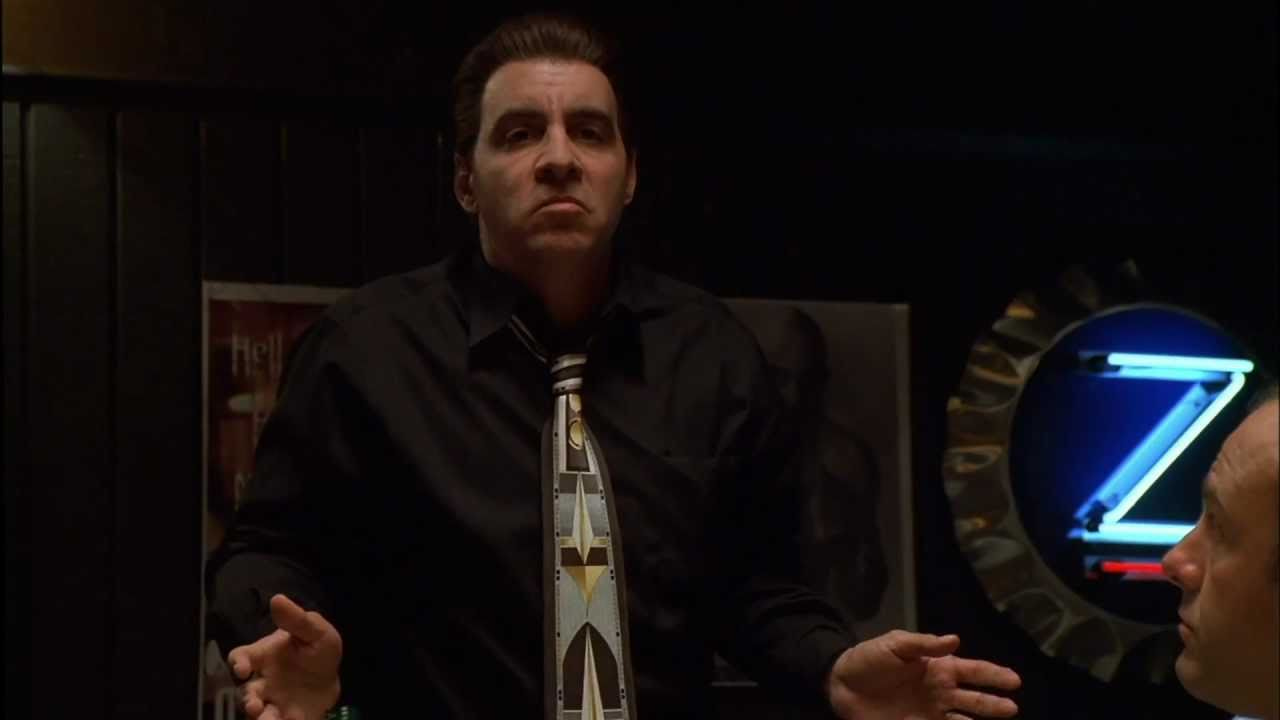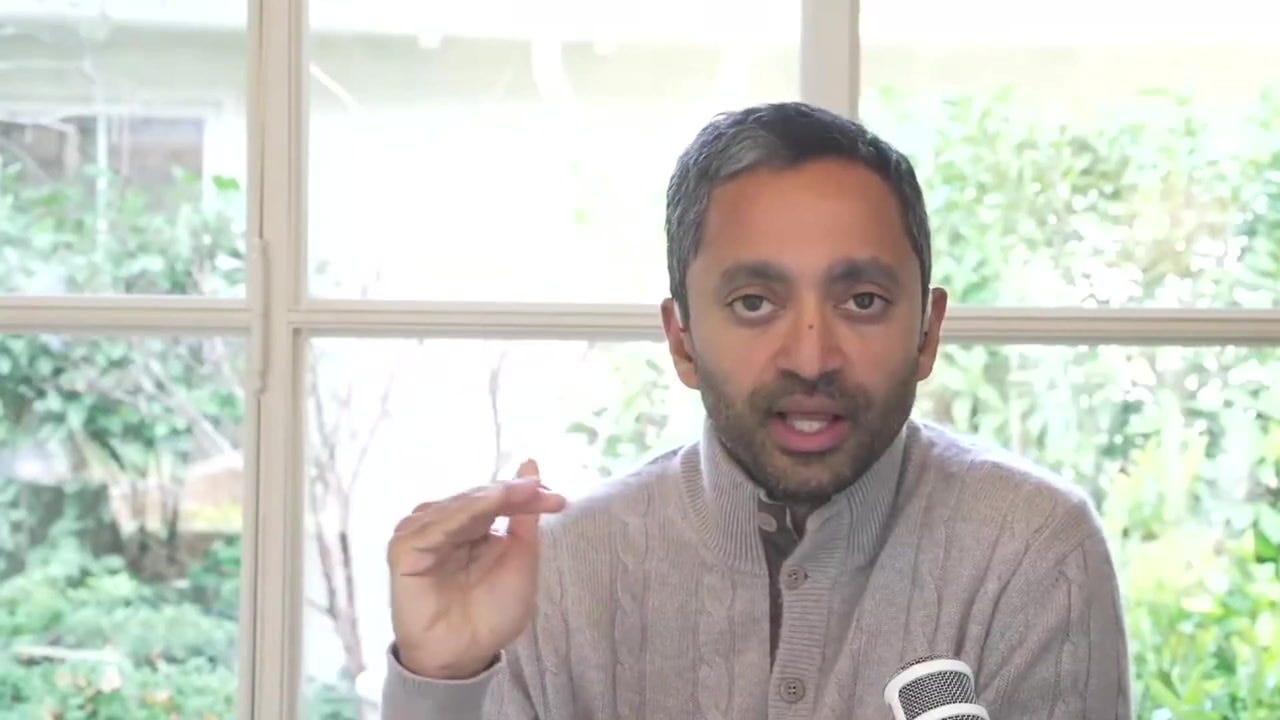The Crippling and Ever Present Effects of FOMO
Pennies everywhere, which ones should we stop and pick up?

My friend Kyle Boddy told me that he can’t listen to the ROR episodes about credit card points. He says that he knows he’ll end up going down an all consuming rabbit hole of chasing EV, so he just avoids it.
Although… a few months later he told me had hacked his way to Delta status… so, you know, his life of EV-celibacy was short lived.
I went to an advantage player meetup once and it seemed as if every single person there was either currently retired, or had recently been retired, or had recently come out of retirement.
Richard Munchkin has said that quitting AP is like quitting smoking. It’s easy, he’s done it a dozen times. Munchkin mentioned on Gambling With an Edge that he’s just recently come out of retirement… again.
Let me propose what I think is the underlying dynamic. If you look for advantages, there is almost no end to the number of them you might find, and also there is no lower limit to how small they might be. As Jeff Ma says, it’s ultimately exhausting.
On the podcast we tend to cover stuff that turned into something big - Munchkin and Darryl P. made millions from online casinos - but if you just think about the distribution of edges, you can imagine that the tail is very very very long.
For instance, I could go to Lowe’s right now and buy a discounted gift card using an Amex offer, and make $35. But I’m not doing that1. I think the reason I’m not at Lowe’s is that $35 is below my line2.
This is a very reasonable thing to do. Come up with an hourly rate for your time and then don’t mess around with stuff that’s way below the line.
So $20 in free play at sportsbook X, or $50 from doing some gift card arbitrage, or refer a friend to something and get $65… to all of that you can just say: screw it. And your sanity will be preserved.
There’s only one problem. Sometimes the low-level stuff is only low-level to an untrained eye. Or, sometimes the low-level stuff turns into something else.
Mr. Doppy says that his lottery advantage was originally pitched to him as: here’s something that’s not worth very much, go nuts if you want to. It ended up being life changing.
So the same heuristic that is going to keep you sane - i.e. creating some value hurdle which edges have to clear in order to work on them - will also mean missing out on something good.
This brings me to the next point: opportunity cost is the uncredited force behind a lot of the stories that we’ve heard on the podcast. If you have a very high opportunity cost, then you are less likely to be out looking for something. And also when you find something small, you are more likely to ignore it. It’s not possible to marshal the attention that would be needed to turn every low-level advantage into something big - and that is especially true when you already have a lot going on.
If you’re not subscribed to the Miles Earn and Burn newsletter, I highly recommend it. Matt writes about absurdly small edges, which can be multiplied in absurd ways, and turned into big edges. He also recently wrote about churning burnout.
This post is not about burnout per se, but I do think it’s interesting that chasing EV means that you have these forces going in opposite directions. The same strategies that you might employ to maintain your sanity - like turning things down quickly to avoid FOMO - will eventually have to be suspended.
I’m typing for free.
I haven’t forgotten that I’m typing for free.




